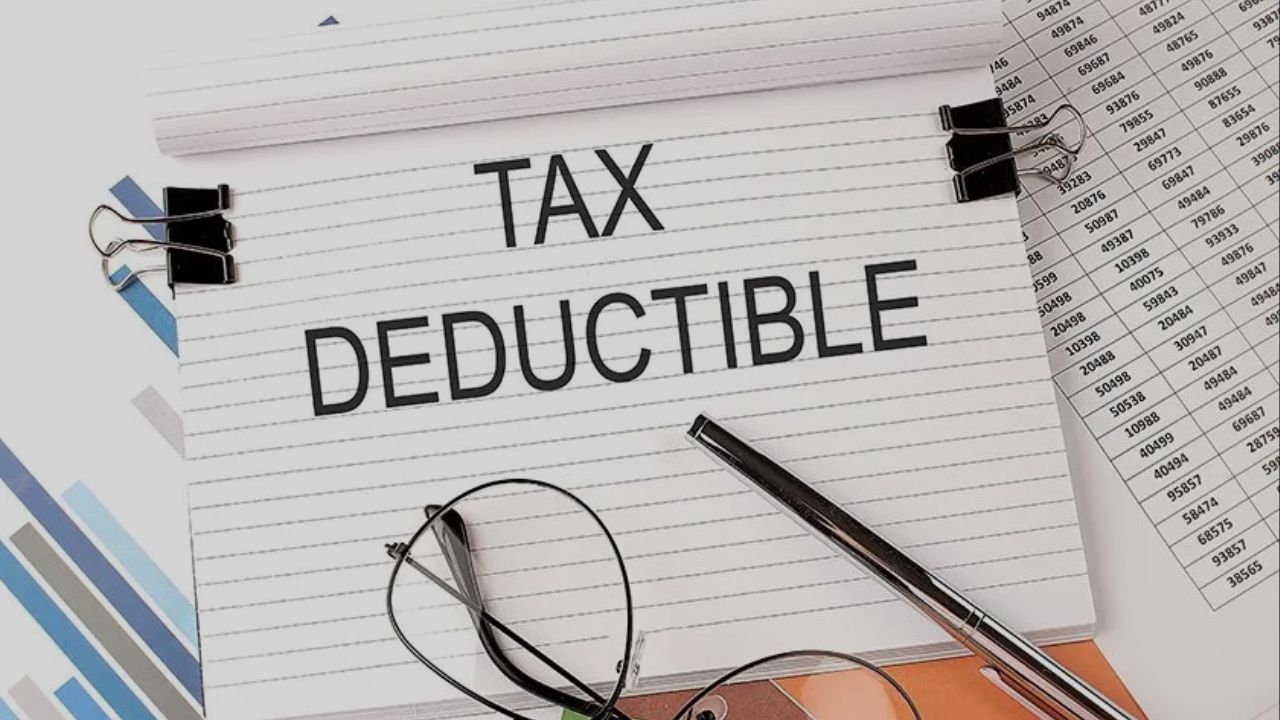BOSTON, Mass. – For many retirees in Massachusetts, stretching a fixed income can be a challenge with rising housing, healthcare, and everyday costs.
The good news is that both federal and state tax laws offer relief through the standard deduction and extra deductions for seniors over 65. These provisions are designed to reduce taxable income, helping older residents keep more of their hard-earned retirement savings.
Here’s a closer look at how the extra standard deduction works for seniors in Massachusetts, who qualifies, and how to maximize its benefits.
What Is the Standard Deduction?
The standard deduction is a fixed dollar amount taxpayers can subtract from their income, lowering how much is subject to tax. Most filers claim this deduction instead of itemizing, as it simplifies tax preparation.
For seniors aged 65 and older, both the federal government and Massachusetts provide additional deductions, giving retirees even more tax savings.
Federal Standard Deduction for Seniors
At the federal level, the 2024 standard deduction is:
- $14,600 for single filers
- $29,200 for married couples filing jointly
On top of this, seniors 65 or older qualify for an extra standard deduction:
- $1,950 if filing single or head of household
- $1,550 per spouse if married filing jointly
This means a married couple over 65 can increase their deduction by $3,100, bringing the total to $32,300.
Massachusetts’ Standard Deduction Rules
Massachusetts does not use a “standard deduction” in the same way the IRS does. Instead, the state offers a no-tax status and exemptions that help seniors reduce taxable income.
For the 2024 tax year, Massachusetts provides:
- A Personal Exemption of $4,400 for single filers
- A $8,800 exemption for married couples filing jointly
- Additional exemptions for dependents, blindness, and age 65+
Specifically, seniors 65 and older can claim an extra exemption of $700 per person.
That means:
- A single filer over 65 can claim $5,100 total in personal exemptions.
- A married couple where both spouses are over 65 can claim $10,200 total in personal exemptions.
Who Qualifies for the Massachusetts Senior Exemption?
To receive the senior exemption in Massachusetts:
- You must be 65 or older by the end of the tax year.
- You must be a resident of Massachusetts and file a state income tax return.
- You can claim this exemption whether or not you itemize deductions federally.
Why This Matters for Massachusetts Seniors
Massachusetts has a higher-than-average cost of living, particularly in areas like Boston, Cambridge, and the North Shore. For seniors living on fixed incomes such as Social Security, pensions, or retirement savings, tax savings can make a real difference.
The extra exemption reduces taxable income, lowering the overall state tax burden. This means seniors can preserve more income for essentials like healthcare, groceries, or property taxes—expenses that are often harder to manage in retirement.
Filing Tips for Massachusetts Seniors
- Don’t confuse deductions with exemptions. Massachusetts offers personal exemptions, not a standard deduction like the federal government.
- Claim both federal and state benefits. You may qualify for the federal extra standard deduction and the Massachusetts senior exemption.
- Check eligibility carefully. If both spouses are over 65, make sure to claim the exemption for each person.
- Review additional credits. Seniors may also qualify for the Senior Circuit Breaker Tax Credit, which provides property tax relief for eligible homeowners and renters.
Read Also: Understanding the North Carolina Extra Standard Deduction for Seniors Over 65
Summary Table
| Category | Single Filer | Married Filing Jointly |
|---|---|---|
| Federal Standard Deduction (2024) | $14,600 | $29,200 |
| Federal Extra Deduction (65+) | +$1,950 | +$1,550 per spouse |
| Massachusetts Personal Exemption | $4,400 | $8,800 |
| Massachusetts Senior Exemption (65+) | +$700 | +$700 per spouse |
Final Thoughts
Massachusetts seniors over 65 can ease their tax burden through both federal extra deductions and state exemptions. While the state doesn’t follow the same standard deduction system as the IRS, its exemptions for seniors provide meaningful tax relief. When combined with federal benefits, these tax breaks help retirees keep more of their income for essential expenses and a better quality of life.
Are you a Massachusetts senior planning to claim the extra exemption this year? Share your experiences in the comments at ibwhsmag.com.


 by
by 

